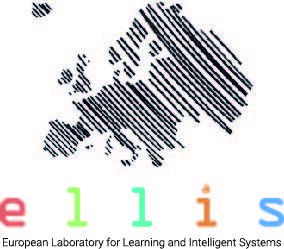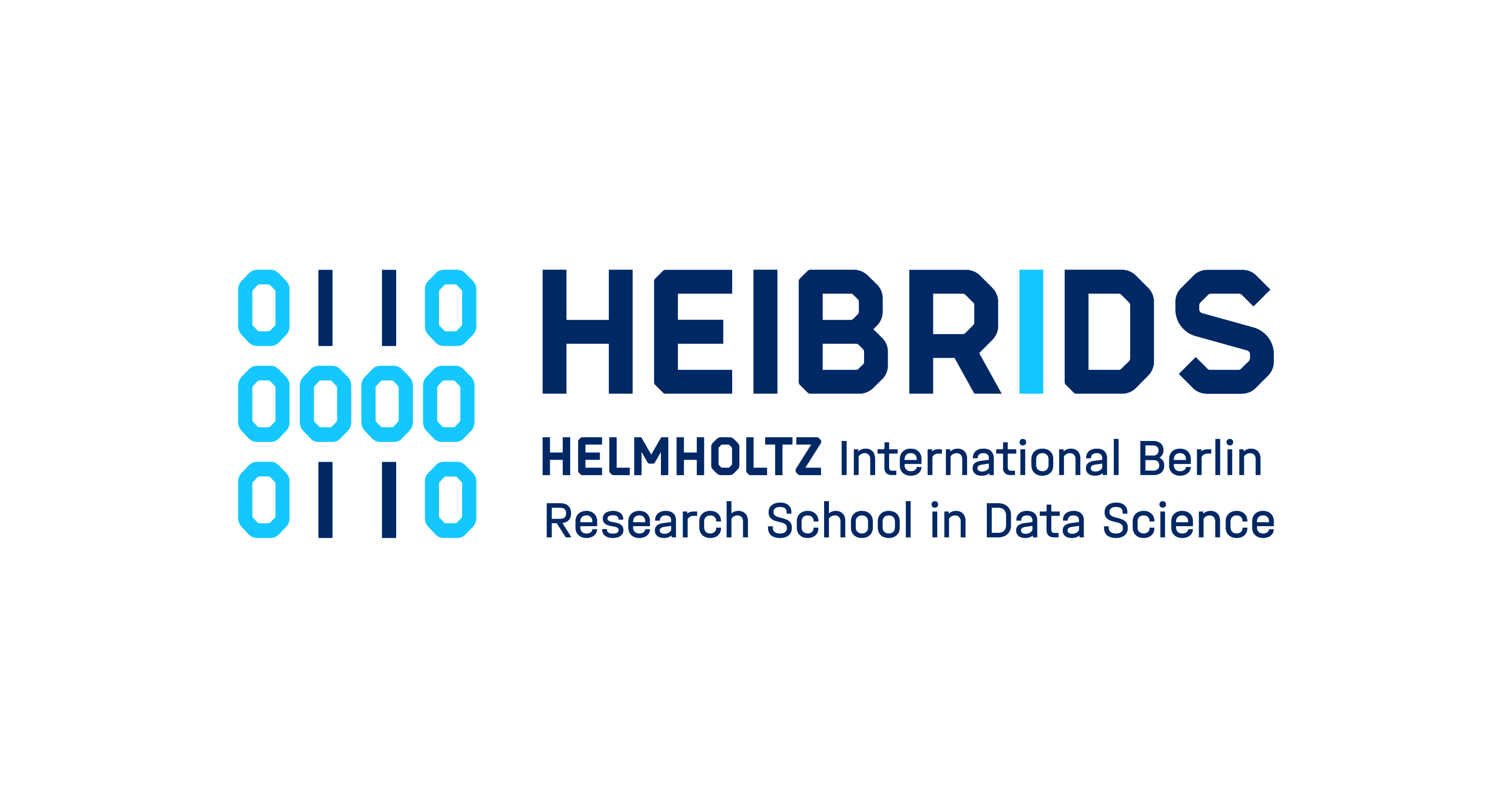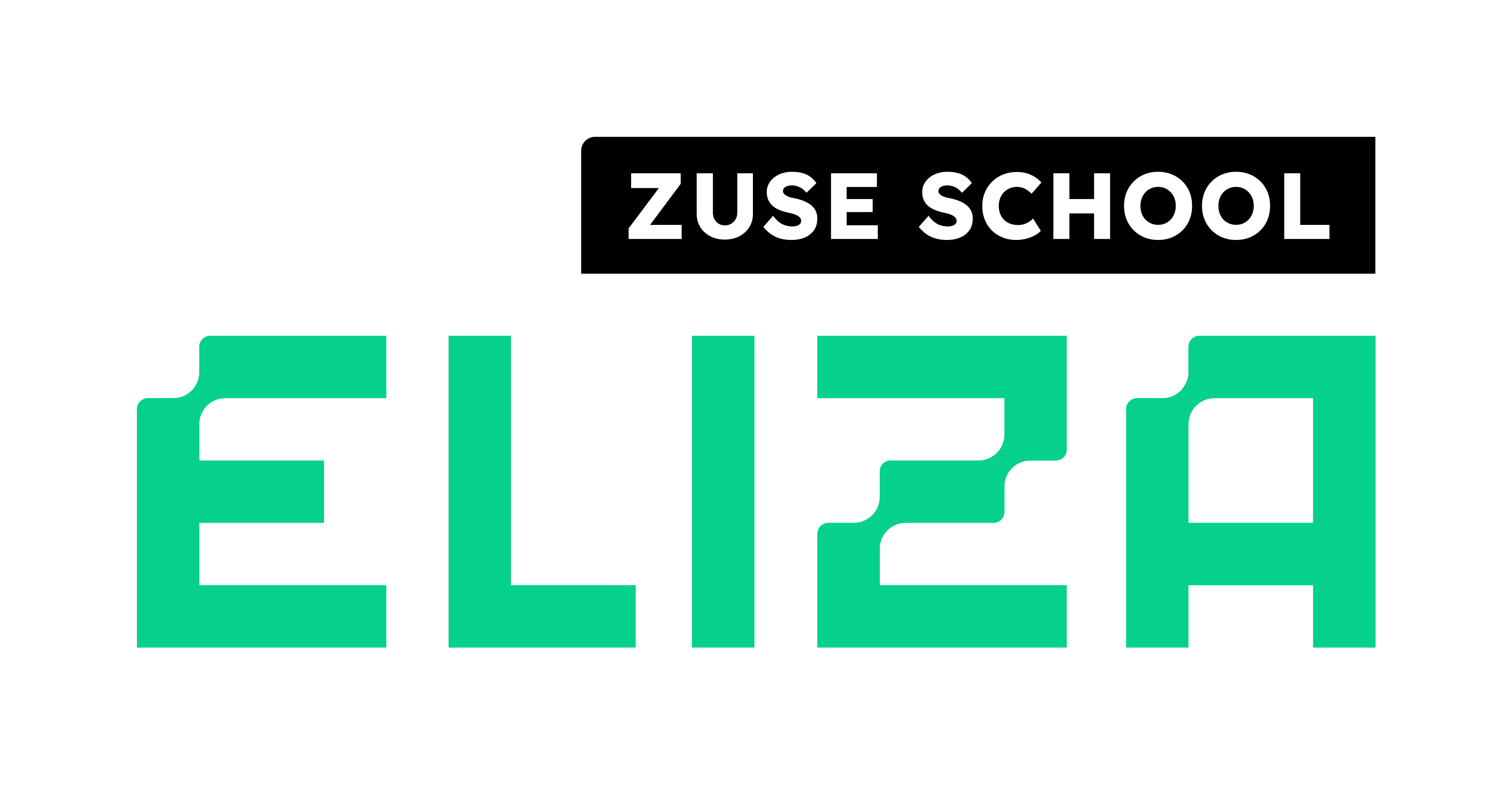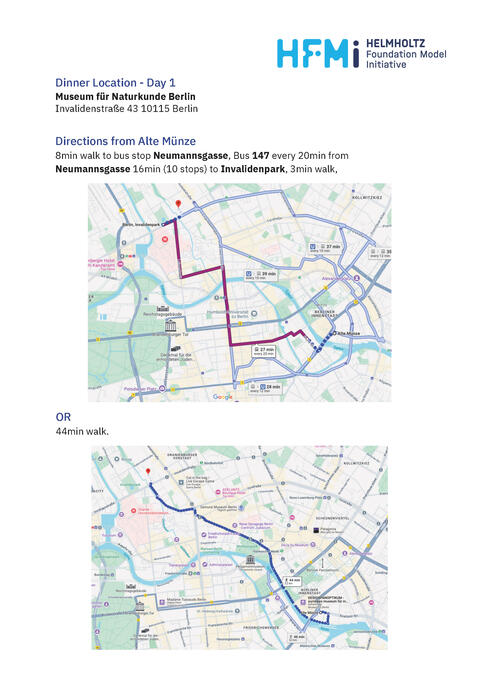Helmholtz-ELLIS Workshop on Foundation Models in Science
The Helmholtz-ELLIS Foundation Models in Science workshop is an extraordinary gathering of leading minds at the intersection of artificial intelligence and scientific research. The carefully curated lineup of speakers represents a remarkable cross-section of cutting-edge AI research and its transformative potential across multiple scientific domains.
The first day focuses on foundational large language models (LLMs) and multimodal AI, featuring speakers who are literally shaping the future of machine learning. Their talks promise to explore the latest advancements in AI model development, from resource efficiency to multimodal capabilities.
The second day is particularly exciting, showcasing AI's revolutionary applications in specific scientific fields, such as materials science, astronomy, and physics. Each speaker represents an institution at the forefront of integrating AI into their respective domains, demonstrating how AI is not just a technological tool, but a fundamental research methodology transforming scientific inquiry.
With speakers from Meta, Microsoft, ETH Zurich, Simons Foundation, ELLIS, and other prestigious institutions, this workshop represents a pivotal moment in interdisciplinary scientific research, showcasing how artificial intelligence is becoming an indispensable partner in understanding and solving complex scientific challenges.
The full line-up of speakers will be announced soon on this website.
If you are interested, kindly complete your application by clicking on the Register button below. The deadline for registration is 14 February 2025 at 23:59 CET. After approval of your application you will be asked to pay the registration fee, which is:
- MSc and PhD students: 150€
- Other participants: 250€
The fee coverslogistic costs, coffee breaks, lunch and the conference dinner. Travel and accommodation are self-organized. The workshop dinner on March 18 will take place at the Natural History Museum.”
- Confirmed speakers
Tian Xie, Principal Research Scientist, MSR (Microsoft Research AI Science), Cambridge, U.K.
Anna Scaife, Professor of Radio Astronomy, University of Manchester, Manchster, U.K.
Piotr Bojanowski, Research Scientist, Meta (Facebook AI Research), Paris, France
Gaël Varoquaux, Research Director, INRIA (National Institute for Research in Digital Science and Technology), Paris, France
Michal Valko, CMO Stealth Startup & Inria & ENS MVA; Paris, France
Matthias Bethge, Computational Neuroscience & Machine Learning, Universität Tübingen, Tübingen, Germany
Shirley Ho, Senior Research Scientist, Cosmology, Foundation Models for Science, CCA, Flatiron Institute, Flatiron Institute - Princeton University, New York, USA
Sarath Chandar, Associate Professor, Department of Computer and Software Engineering / MILA – the Quebec AI Institute, Ecole Polytechnique de Montréal, Montréal, Quebec, Canada
Günter Klambauer, Associate Professor for “Artificial Intelligence in Life Sciences” at the LIT AI Lab and the Institute for Machine Learning of the Johannes Kepler University, Linz, ELLIS Austria, Vienna/Linz, Austria
Kangwook Lee, Assistant Professor at the Electrical and Computer Engineering Department and the Computer Sciences Department, University of Wisconsin-Madison, Wisconsin, USA
Lena Maier-Hain, Professor at Heidelberg University, and Head of the division Intelligent Medical Systems (IMSY) at the German Research Cancer Center (DKGZ), Heidelberg, Germany
Willie Neiswanger, Assistant Professor of Computer Science, University of Southern California, USA
Lucas Beyer, OpenAI, Zürich, Switzerland
Tim Hempel, Microsoft Research AI for Science, Berlin, Germany
Michael Gastegger, Microsoft Research AI for Science, Berlin, Germany
Johannes von Oswald, ETH & Google Zürich, Switzerland
- Directions to Dinner
-
Venue
Alte Münze
Molkenmarkt 2
10179 Berlin
Germany
Time
Program
Day 1
| Time | Speaker | Title |
| 08:15 | Registration | |
| 08:45 | Dagmar Kainmueller (HFMI / MDC) | Welcome Day 1 |
| Session 1 - Chair: Dagmar Kainmueller (HFMI / MDC) | ||
| 09:00 | Gaël Varoquaux (Director Inria) | Tabular Foundation Models: Priors for Numbers and Strings |
| 09:45 | Michal Valko (CMO Stealth Startup & Inria & ENS MVA) | Gamification of Large Language Models |
| 10:30 | Coffee break | |
| 11:00 | Piotr Bojanowski (Meta FAIR) | Applications of Large-scale Self-supervised Representation Learning |
| 11:45 | Shirley Ho (Simons Foundation & NYU) | Building Pan-scientific Foundation Models: Polymathic AI |
| 12:30 | Lunch Group photo at 13:15 | |
| Session 2 - Chair: Jilles Vreeken (CISPA) | ||
| 13:30 | Kangwook Lee (U. Wisconsin-Madison) | Bridging Natural Language Understanding and Classical Machine Learning: From LIFT to LLM-Lasso for Predictive Modeling |
| 14:15 | Johannes von Oswald (ETH & Google Zurich) | The Current Status on Transformer Alternatives for Language Modelling |
| 15:00 | Coffee break | |
| 15:30 | Lena Maier-Hein (DKFZ & U. Heidelberg) | Rethinking Foundation Model Evaluation |
| 16:15 | Matthias Bethge (U. Tübingen) | Cosmopolitan Foundation Models |
| Panel Discussion | ||
| 17:00 | Moderator: Stefan Kesselheim Panel: Michal Valko, Shirley Ho, Kangwook Lee, Johannes von Oswald | Open LLMs in AI4Science |
| 18:00 | Otmar D. Wiestler (Helmholtz Association) | Reception and Welcome by the President of the Helmholtz Association |
| 20:00 | Dinner at the Natural History Museum | |
Day 2
| Time | Speaker | Title |
| 08:55 | Fabian Isensee (HFMI / DKFZ) | Welcome Day 2 |
| Session 3 - Chair: Marie Piraud (Helmholtz-AI / HM) | ||
| 09:00 | Tim Hempel & Michael Gastegger (Microsoft Research AI for Science) | Scalable Emulation of Protein Equilibrium Ensembles with Generative Deep Learning |
| 09:45 | Tian Xie (Microsoft Research AI for Science) | Accelerating Materials Design with AI Emulators and Generators |
| 10:30 | Coffee break | |
| 11:00 | Anna Scaife (U. Manchester) | Foundational Representations for Astrophysics |
| 11:45 | Lucas Beyer (OpenAI) | Training Vision-Language Foundation Models |
| 12:30 | Lunch | |
| Session 4 - Chair: Fabian Isensee (HFMI / DKFZ) | ||
| 13:30 | Sarath Chandar (MILA & Polytechnique Montreal) | Efficient Foundation Models for Proteins and Molecules |
| 14:15 | Willie Neiswanger (USC) | METAGENE-1: A Metagenomic Foundation Model for Pandemic Monitoring |
| 15:00 | Coffee break | |
| 15:30 | Günter Klambauer (Johannes Kepler University & ELLIS Linz) | xLSTM-based foundation models for Life Sciences |
| Panel Discussion | ||
| 16:15 | Moderator: Martin Schultz Panel: Michael Gastegger, Tian Xe, Anna Scaife, Sarath Chandar | AI4Science - Opportunities and Challenges |
| 17:15 | End of Workshop | |
Organizers
Helmholtz Foundation Model Initiative – Synergy Unit
&
European Laboratory for Learning and Intelligent Systems
Supported by








